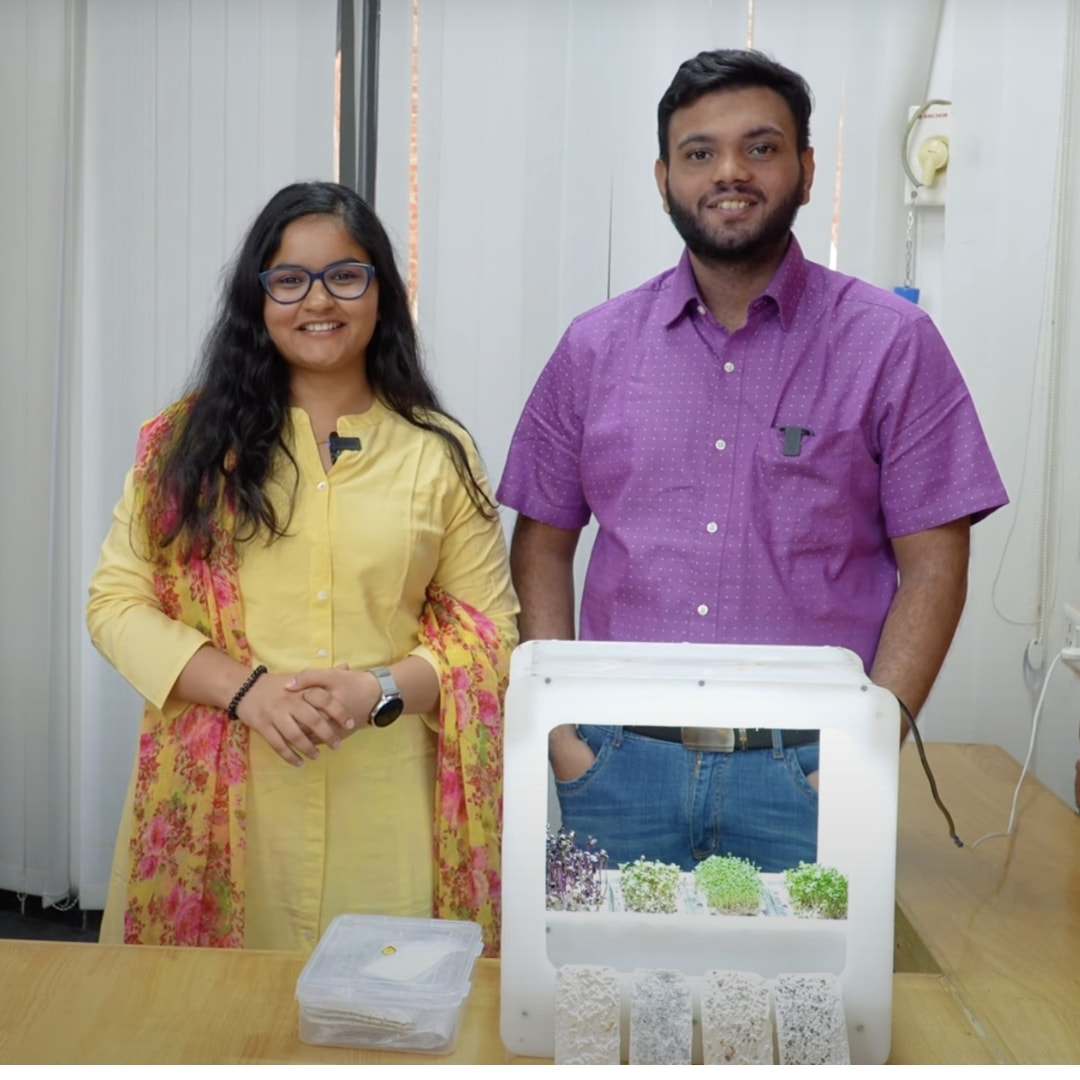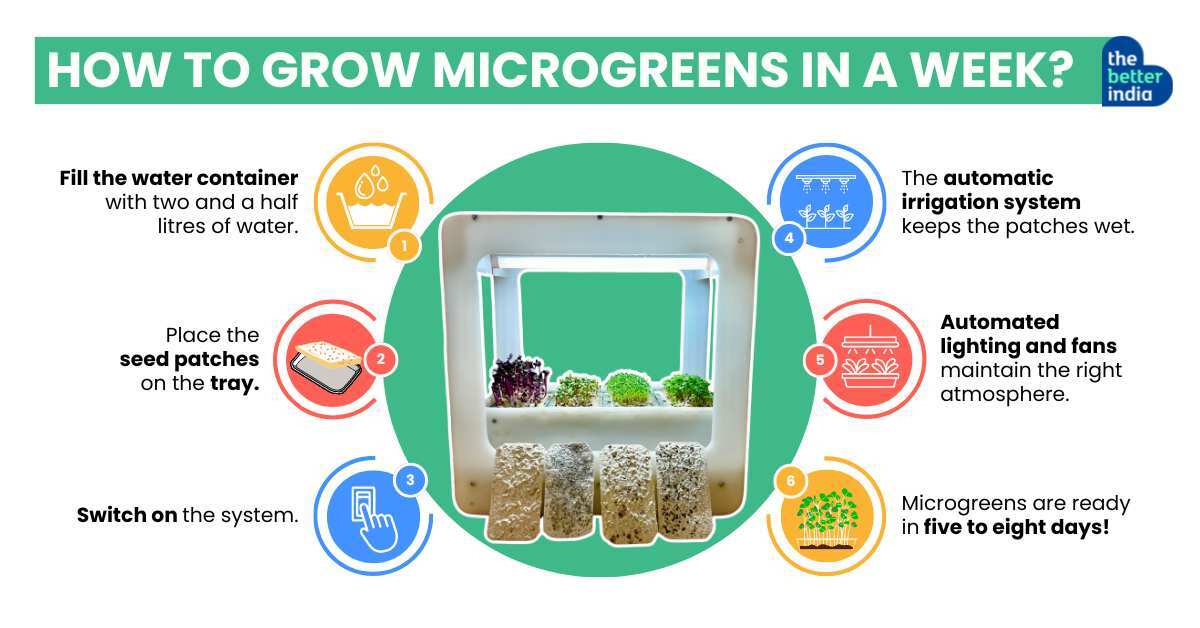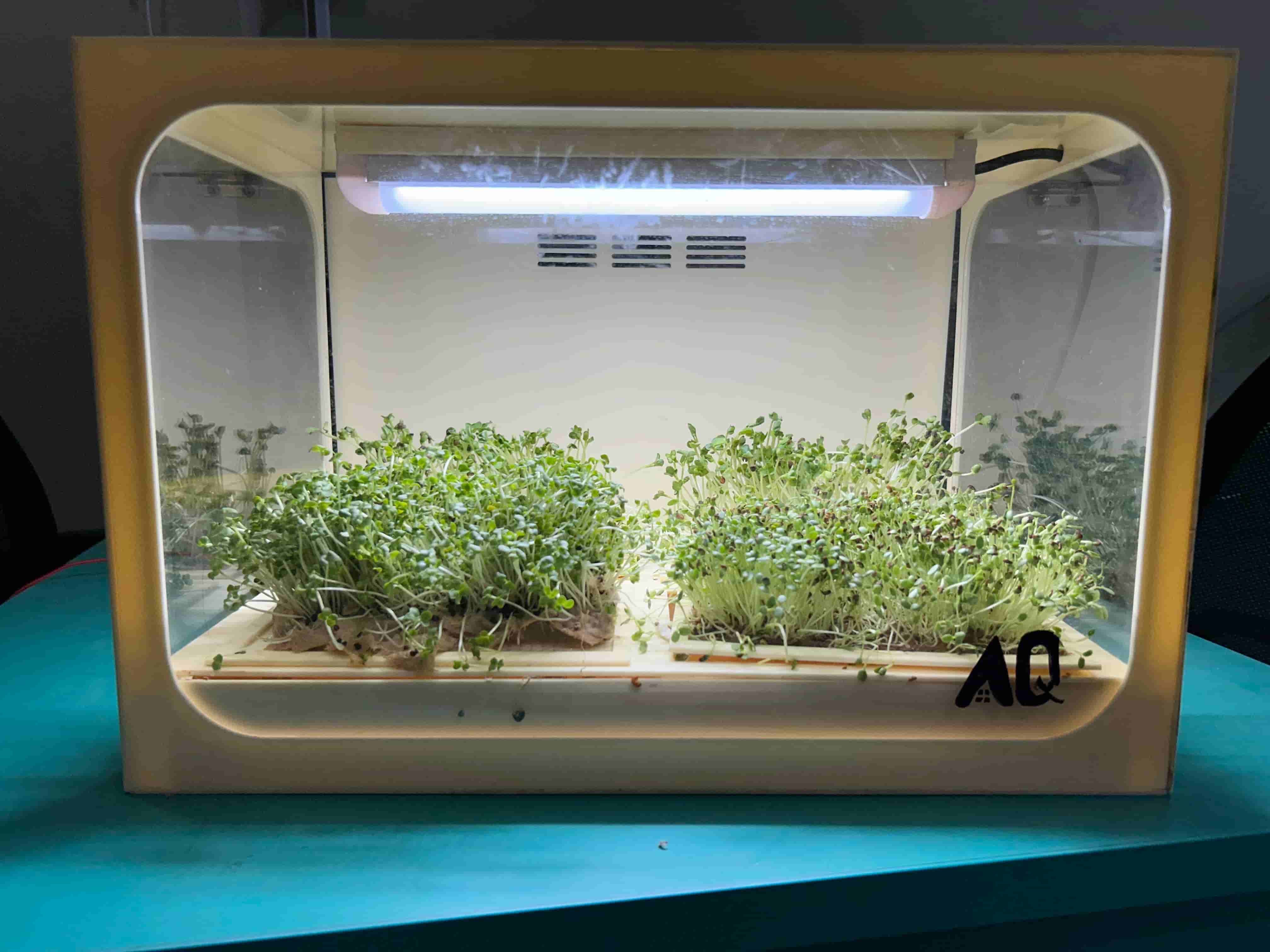When Snehal Ambekar was just 17, she faced a multitude of health challenges. She felt dizzy when she stood up, had blackouts, brain fog, sleep arthritis, and an overwhelming sense of fatigue. Things were so bad that this young girl was bedridden. She couldn’t focus on her studies or even step out of the house.
This was during the advent of the pandemic, and since some of her symptoms matched with COVID-19, her parents had her tested for it. When she tested negative, the doctor suggested a complete blood checkup with tests — including thyroid, diabetes, iron, serum creatinine, Vitamin B12, D, B9, etc. This was followed by some X-rays and the result was clear: Snehal was nutritionally deficient.
The teenager was shocked. “I ate home-cooked vegetarian meals and followed a healthy diet. I was young, healthy, and exercised regularly. How could I have a vitamin deficiency? I was in disbelief,” Snehal (22) recalls in a conversation with The Better India.
This diagnosis shed light on an often-overlooked aspect of nutrition: the potential for deficiency even in seemingly healthy diets. Moreover, her condition was compounded by a diagnosis of Polycystic Ovary Syndrome (PCOS), a hormonal disorder.
“I was popping more than 10 pills a day,” adds the Mumbai resident, who was then given a battery of medicines for different vitamin deficiencies and advised a complete overhaul in her diet, exercise, and overall lifestyle.
So she buried herself in research to understand which foods were nutrient-dense and aid in a healthy life. One of the ‘superfoods’ she found at this time was microgreens. Little did she realise then that she would be launching an associated startup with her classmate, Sayak Gupta, four years later!

In 2023, Snehal and Sayak, two food technologists, devised a portable, soilless microgreens cultivator labelled ‘Half Inch Garden’ through their venture SS AgriQulture Innovations. What sets this cultivator apart is that it doesn’t require any seeds. Instead, it comes with seed patches made from agricultural waste, such as banana pulp.
The friends are now on a mission to make growing superfoods convenient and accessible for everyone.
A garden that fits on your coffee table!
The two friends met while pursuing a BTech (Bachelor of Technology) in food technology, entrepreneurship and management from the National Institute of Food Technology, Entrepreneurship and Management – Kundli (NIFTEM-K) in Haryana.

Sayak (22) also had a deep passion for nutrition and wanted to develop a product that could make nutrition available to people in the comfort of their homes.
“Traditionally, India has only focused on protein, while missing out on micronutrients. Vitamins, minerals, and phytonutrients are equally important and beneficial to us. We generally rely on supplements and medicines to get these nutrients. But nothing beats real food, which gives you good results in the long run,” Sayak tells The Better India.
“For example, beetroot microgreens, which are only one to two inches in height and weigh 30 grams, will give you as many vitamins as half a kilogram of beetroot. These tiny plants pack a punch, literally,” he adds.
Sayak says that microgreens contain significantly more nutrients than mature vegetables. To explain the benefits that microgreens offer, Dr Akshat Chadha, a general physician with expertise in lifestyle medicine, lists their advantages.
“Most microgreens are rich in iron, Vitamin K, Vitamin C, selenium, magnesium, manganese, antioxidants, and Vitamin E. They are a good addition to the diet,” says Dr Chadha.
While growing microgreens is not new, the traditional methods are often cumbersome, as they consume a lot of time and space.
Snehal (22) faced these challenges when she tried growing them at her house. “We usually don’t have balconies to grow plants. They also need a lot of care, which becomes difficult in our hectic schedules. I failed in my experiments due to mould formation and wanted to find an easier way to grow them,” she says.
Snehal’s personal experience combined with Sayak’s passion and their course knowledge led them to start working on an automated cultivator that helps “grow your own vitamins”.

Working on the tech-to-table model, the duo started developing their idea in college itself. Their first win came at IIT Bombay’s business model competition, Eureka, in January 2023, where they won Rs 1 lakh. With this prize money, they started working on the first prototype of their cultivator, the Half Inch Garden. “It is a garden that fits perfectly on your dining table or coffee table”, says Sayak.
Over the past year and a half, they’ve received over Rs 18 lakh in grants from various institutions — including the Massive Earth Foundation, the United Nations Environment Programme (UNEP), IIT Roorkee, IIM Kashipur, and more. The startup is also recognised by the Department for Promotion of Industry and Internal Trade (DPIIT), a central government body.
This automated, handy cultivator is a soilless unit and comes with seed patches. These patches are thin sheets that come embedded with seeds. The sheets are made using biodegradable fibres and agricultural waste like banana fibre. “The sheet itself acts as a growing medium for the microgreens, providing essential nutrients. There are no pesticides required. We have formulated and manufactured this sheet,” says Sayak.
The machine uses a hydroponic technology and comes with a grow light that mimics the wavelength of the sun. It also has two exhaust fans inside to circulate the airflow and an automatic irrigation system.
“All one has to do after getting the machine is to fill the water container with two and a half litres of water. You can place four seed patches at a time in the slots provided. Switch it on and forget about it! After five to eight days, your harvest will be ready,” says Snehal.
The sheets always have a particular amount of moisture, and water is transported to the sheets through a rope using capillary action, explains Sayak.
After seven prototypes, the entrepreneurs have zeroed in on their final version and hope to start production soon. They have tested and validated eight varieties of microgreens — including beetroot, broccoli, green mustard, chia, clover and wheatgrass.
They plan to launch the automated cultivator next month. “We want to keep it on a subscription basis. We would be providing four patches with the machine, post which, we would be selling patches separately too,” explains Snehal.
Their motive is to make Indians include microgreens as part of their daily diet. “Eat your vitamins before you have to start taking supplements,” Snehal advises.
Edited by Khushi Arora, Images Courtesy Sayak Gupta
No comments:
Post a Comment